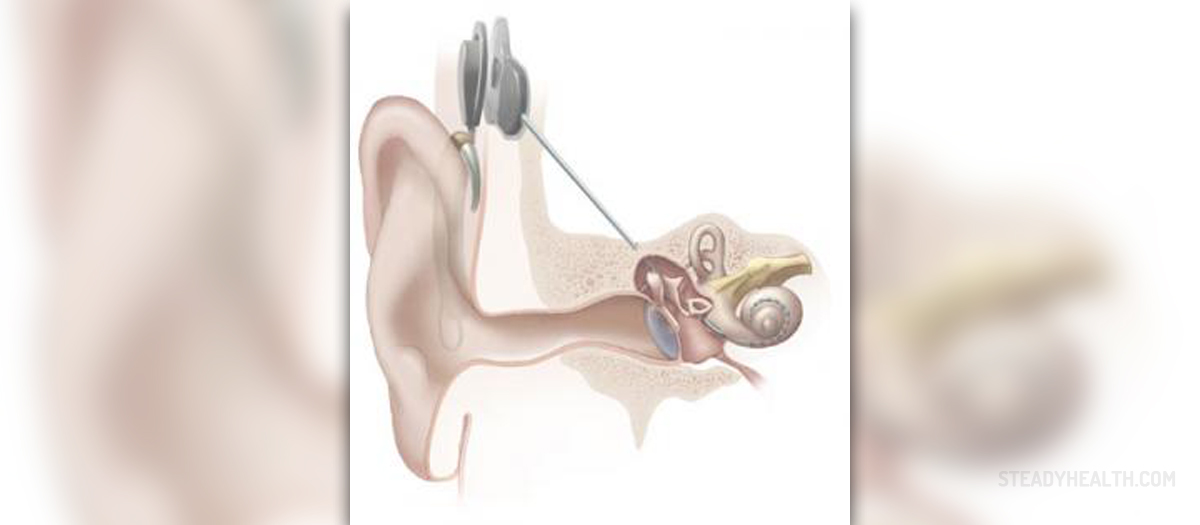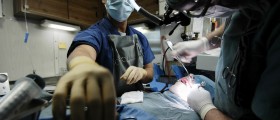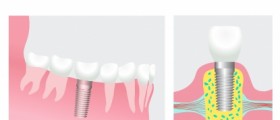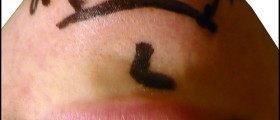
Cochlear implants are electronic devices also known asbionic ears. These devices are implanted into the ear of a person who can’t hear.After the implantation, the device stimulates auditory nerve and enables someonewith severely damaged hearing to hear again. Cochlear implants are not the samething as hearing aids, because hearing aids are used to amplify the sounds inpeople who can’t hear properly, while cochlear implants directly stimulate thenerve and improve perception of hearing.
Candidates for cochlear implants are children that didn’t learnto speak, and these patients found the devices accompanied with some communicationtraining, very helpful. Specialists believe that very young children, even lessthan 1 year of age are the best candidates for these ear implants. People thatlost their hearing and whose speech suffered from that fact frequently benefit fromcochlear implants too.
Benefits of Cochlear Implants
People with impaired hearing are often found to be outsidersof the community because of their problem, and cochlear implants can help thesepatients and enable them to lead a normal everyday life. Person who gotcochlear implant can hear other people talking and learn the language veryeasily. These patients don’t have to learn sign language or lip reading in orderto understand someone else. Telephone is one of the thing people with impairedhearing can’t use, so when they get cochlear implant, it become perfectlynormal and available thing to do.
Social interactions are reported to be much better thanbefore in people with cochlear implants, as well as some work communication. Also,there is considerably less stress in the life of these people after they got theircochlear implant.
Potential Drawbacks of Cochlear Implants
People with cochlear implants have reported partial numbnessof the face or facial spasms, loss of taste, constant ringing in the ears,vertigo or risk of staph infection. Also, these people are advised to avoidfootball and scuba diving and keep away from the MRI exposure (nuclear magneticresonance). Cochlear implants are also quite expensive, as well as the surgicalprocedure and device itself, especially if your insurance doesn’t cover thatcosts. Replacing the device is also pricey. Body processor is something thatmust be worn all the time, and some patients might have problems with that.
Deaf community doesn’t greet cochlear implants, believingthat no one should change him or herself in the attempt to be part of the hearingcommunity. People who decide to receive cochlear implants are often rejectedand they become no longer welcomed in deaf community.
- www.cdc.gov/careerpaths/scienceambassador/documents/hardtke-cochlear-implants-lesson-plan.pdf
- www.cdc.gov/scienceambassador/documents/westerling-ehdi-lesson-plan.pdf
- Photo courtesy of National Institute on Deafness and Other Communication Disorders at the National Institutes of Health via Wikimedia Commons: commons.wikimedia.org/wiki/File:Cochlear_implant.jpg

















Your thoughts on this
Loading...